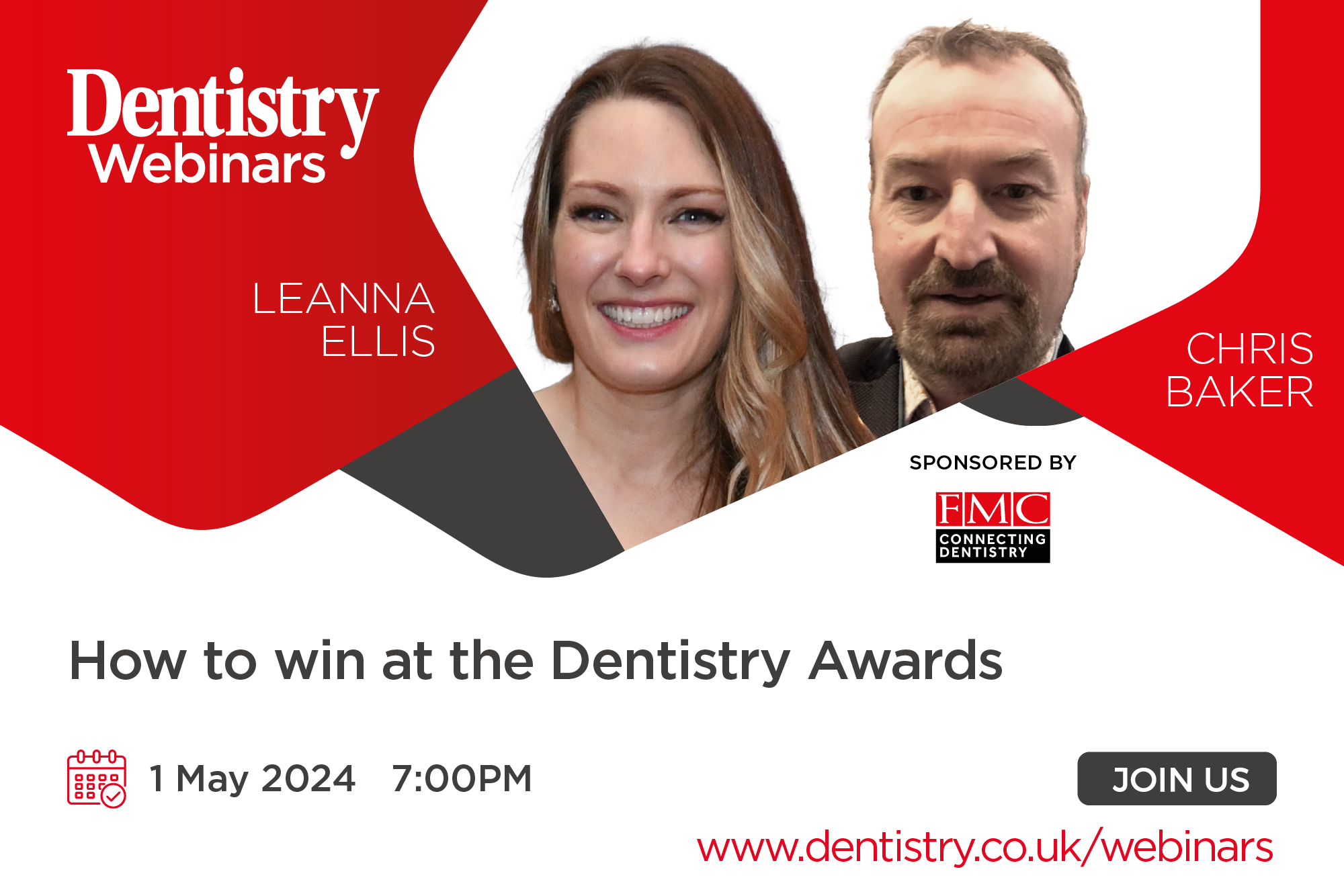Dentists are becoming the first line of defence when it comes to spotting eating disorders in patients.
The announcement comes just before National Eating Disorders Awareness Week (22-28 February).
The US Academy of General Dentistry raised awareness of the potential oral health problems that can be caused by eating disorders.
They suggest that, although parents may not recognise that their child is anorexic or bulimic, the oral signs of the disease are there when they take the child to a dentist.
Bad breath, sensitive teeth and eroded tooth enamel are just a few of the signs that dentists use to determine whether a patient suffers from an eating disorder.
Other signs include teeth that are worn and appear almost translucent, mouth sores, dry mouth, cracked lips, bleeding gums, and tender mouth, throat and salivary glands.
And according to beat, the UK charity for people with eating disorders, eating disorders are a serious mental illness affecting 1.1 million people here.
A spokesperson for the charity said: ‘Eating disorders, and in particular bulimia, can have a significant impact on dental health with noticeable enamel erosion. Dentists play an extremely important part in recognising the signs – the earlier treatment is sought for an eating disorder, the better the long term prognosis for the individual. Eating disorders affect over 1.1million people in the UK and are a serious psychiatric condition.’
The charity provides helplines for adults and young people, online support and a UK-wide network of self-help groups to help people beat their eating disorder.
The week’s aim is to raise awareness of the dangers surrounding eating disorders and the need for early intervention and treatment.



